Two decades ago, Michael Meyer landed in rural Sichuan as a Peace Corps volunteer. Now he's a celebrated bestselling author who now splits his time between Singapore and America. He's back in China for the Shanghai International Literary Festival to tout his latest tome that captures his three years in China's changing rural Northeast.
“There’s no shortage of coffee shops and art galleries,” he remarks of his old stomping grounds in Dashilar. The area which provided the setting for author’s acclaimed debut The Last Days of Old Beijing is now largely unrecognizable from the one he lived in during the runup to the Olympic Games.
Published in 2008, Meyer’s eulogy to the city’s vanishing, tightknit hutong neighborhoods vaulted the former That’s Beijing writer onto the international bestseller lists – everywhere, that was, apart from China.
For five years, the book remained largely unobtainable in Beijing, where its uncompromising account of forcible relocations proved too controversial for authorities. The ban was eventually lifted last year – and the Chinese translation is now a bestseller too.
“I couldn’t be happier to see the book on Chinese shelves,” he says. “Many Chinese readers see it as a treatise on the importance of affordable housing, while people in the neighborhood see it as a love letter to Beijing."
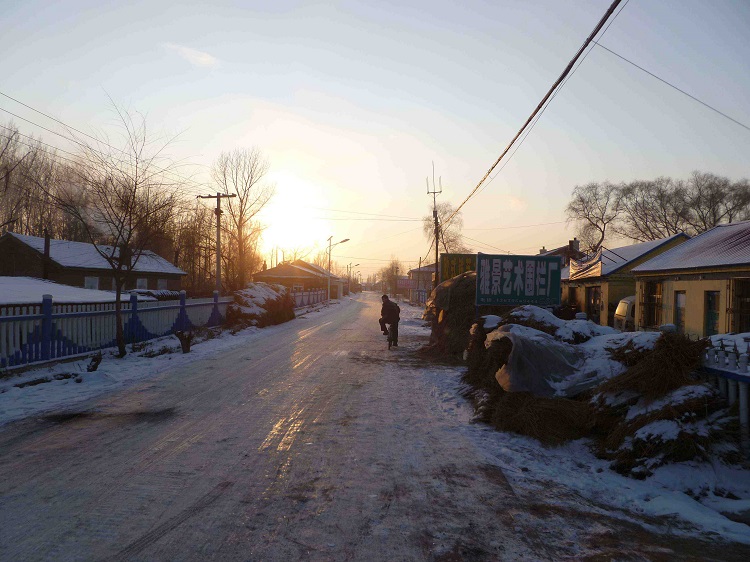 His newest book applies the same analytical treatment to China’s Northeast. After a decade living in Beijing, he moved to his wife’s rural hometown of Dahuangdi (known locally as ‘Wasteland’) – outside of Jilin – and quickly became entranced.
His newest book applies the same analytical treatment to China’s Northeast. After a decade living in Beijing, he moved to his wife’s rural hometown of Dahuangdi (known locally as ‘Wasteland’) – outside of Jilin – and quickly became entranced.
“What surprised me most was the visibility of its history. Unlike greater China, most of the major events in the Northeast’s history happened in the past 400 years. Relics are still scattered across the land like playing pieces of a board game called Empire,” he says.
“You can stand in wooden, Russian-built Chinese Eastern Railway stations dating back to 1901, sleep in restored Yamato Hotels from the time of the South Manchurian Railway, and walk freely through many battlefields of the Chinese civil war and the Sino-Japanese War.”
The title of Meyer’s newest book is immediately striking. In using the controversial term “Manchuria,” the author is quick to explain its etymology, debunking the common notion that it derives from Manchuko – the name of the Japanese puppet state.
“It’s a beautiful word, evoking a place unlike any other in the world. It also describes a state of mind,” he explains, noting that he uses ‘Northeast’ throughout the book and that its Chinese title, ‘Dongbei Youji,’ is a play on Journey to the West.
In Manchuria features anecdotes of Meyer’s visits to the region’s relics, like the ruins of the Willow Palisade (the ‘lesser Great Wall,’ erected during the Qing dynasty) and interviews with characters who help bring the remote area to life.
But contemporary issues are also captured in the book, in particular the changing reality of rural China, which has traditionally been structured around two types of time: eternal (the seasons on the farm) and ephemeral (the man-made events set in the region).

Meyer notes that “for all the tumultuous changes over the past 300 years, Wasteland is still farming.” Yet despite its name, Wasteland is also something of a modern day success story. In 2000, two village partners planted organic, short-grain sticky rice commonly used in sushi. By the third harvest, the rice – later dubbed ‘Eastern Fortune Rice’ – was being served at official banquets, leading President Hu Jintao to visit the village in 2007.
The community’s farmers immediately benefited, with the private company Eastern Fortune buying the locals’ rice crops above market prices. Wasteland was transforming from a commune to a company town.
But its growth is causing a dilemma. With more need for land, the Eastern Fortune Rice company is offering walk-up apartments in exchange for the land rights to farmer’s homes, which they can demolish to make way for paddies. It’s a remarkably similar story to the one that Meyer found in Beijing’s hutongs.
“Eastern Fortune Rice is seen as a benevolent actor, but the pushback comes from farmers who had spent their entire lives enduring one campaign and one experiment after another. They don’t like the notion that after 50 years of being told what to do by the government – which, incidentally, they uniformly support – that they’re now being told what to do by a private company,” he explains.
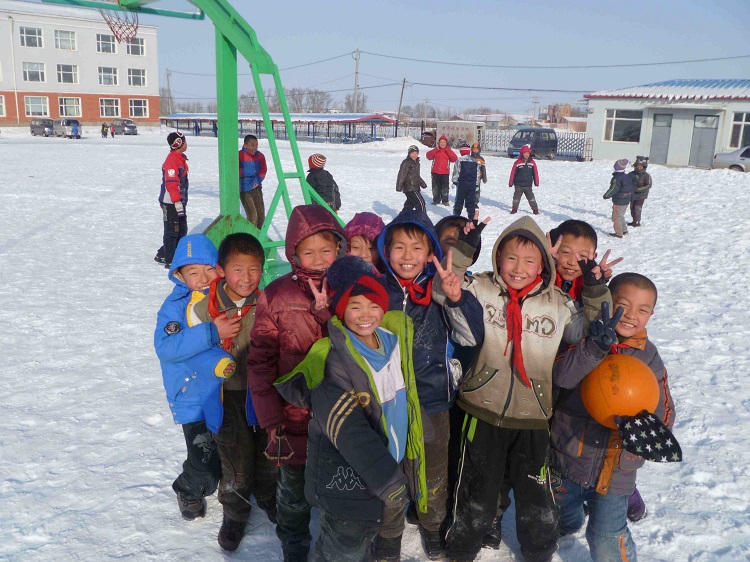
“The pro-con divide runs along the same line as those who are eager to move out of Beijing’s hutongs, and those who want to remain. It’s a generational split, with young Wastelanders showing little interest in farming. When I was a Peace Corps volunteer in rural Sichuan in 1995, those kids would spend the weekends in the fields with their parents. Wasteland’s parents wanted their kids to enter university and train for careers off the land.”
Noting that the town “looks nothing like a wasteland,” Meyer will be showing slides of the village and more of the Northeast while discussing the region’s past and future during his November 1 talk at the Shanghai International Literary Festival.
“China has now spent more years dismantling a Marxist society than it did building one. For the 12th year in a row, rural reform is the subject of this year’s No. 1 Central Document, prioritizing large-scale managed farms,” he notes.
“A few miles from Wasteland, a Singapore-backed ‘super farm’ named Jilin Food Zone recently broke ground. It’s 500 square miles, equal in area to Los Angeles.”
> Michael Meyer speaks at the Shanghai International Literary Festival on Nov 1, 1pm, RMB75. M on the Bund, tickets. For our full preview of the festival, click here.
> Check out our review of In Manchuria here.
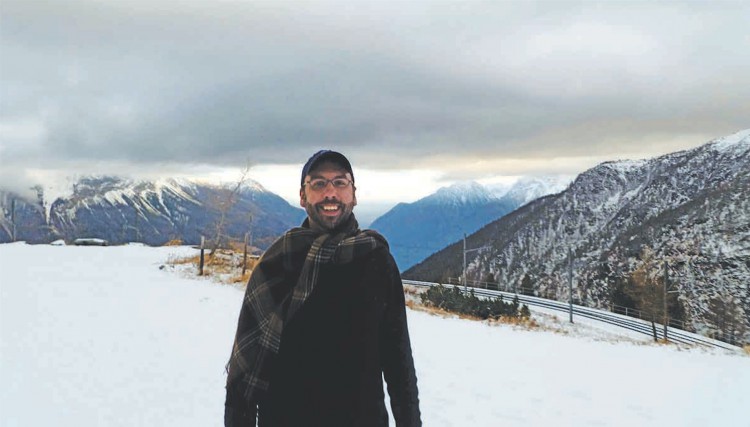





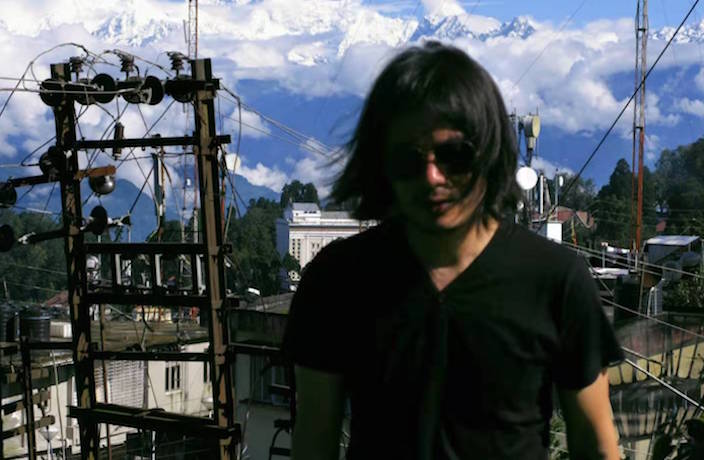
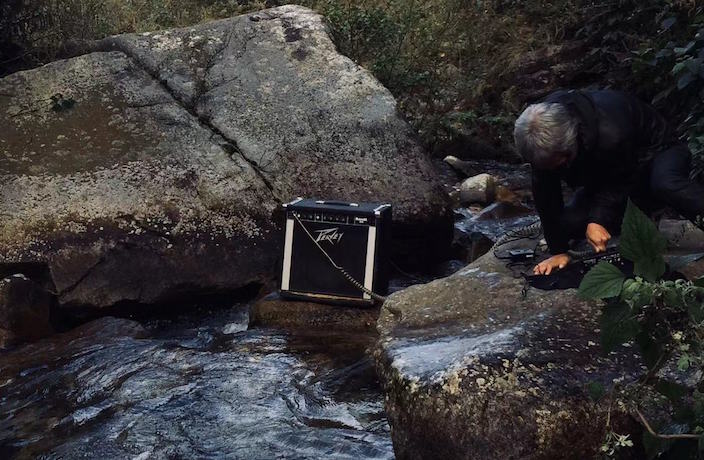














0 User Comments